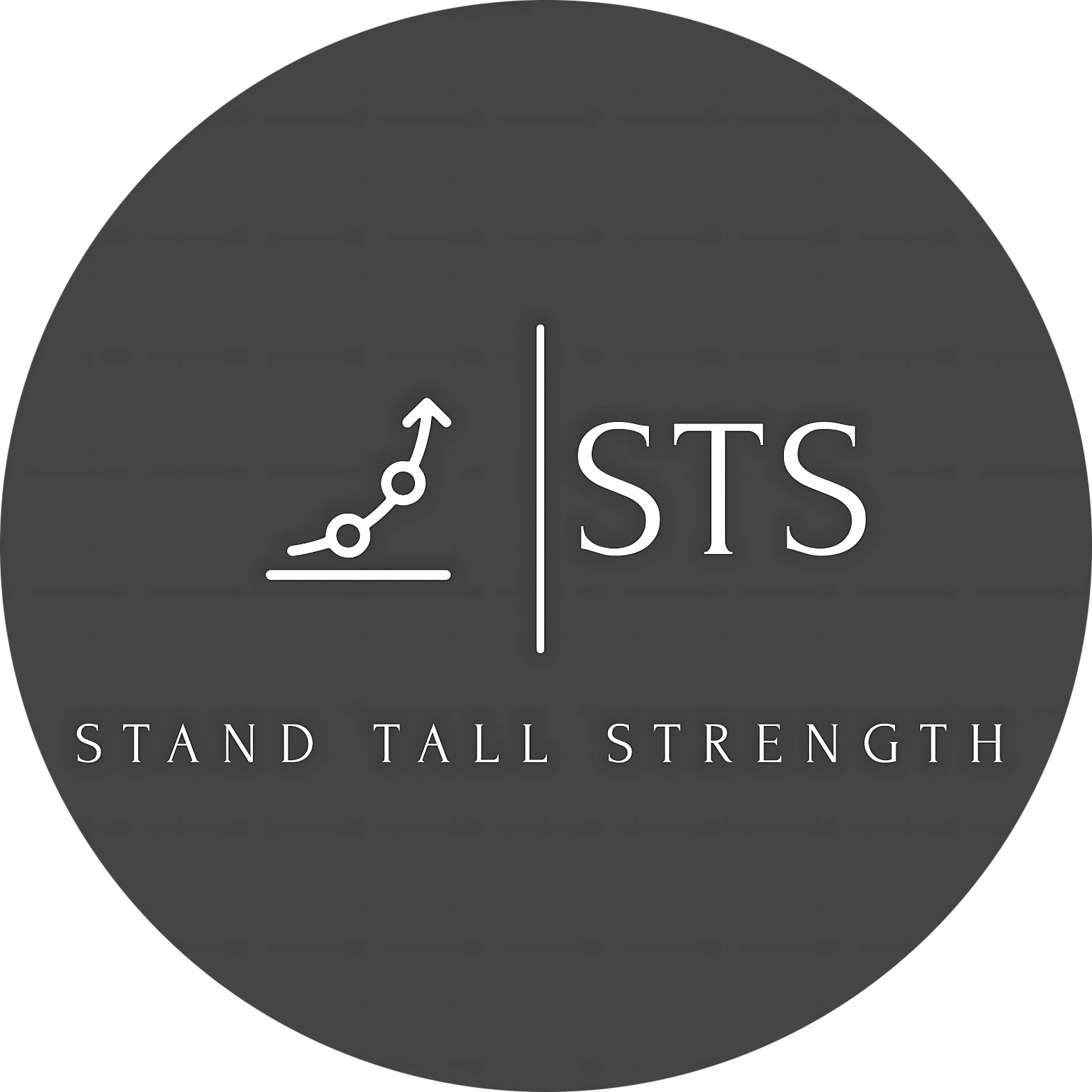Coordination is developed by learning new and varied exercises and by performing familiar exercises in new conditions.
When learning new coordination exercises, the athlete should not aim for perfection but for basic proficiency in the general technique of the exercise.
There are 7 coordination abilities:
1) Balance - Challenged by exercises that make it hard to maintain stability e.g. maintaining a stance against actions of a partner.
2) Kinesthetic differentiation - Improved by exercises needing the athlete to use just the right amount of strength/power in a movement e.g. throwing medicine balls of differing weights and sizes at targets.
3) Reaction to signals - Enhanced by exercises requiring responding rapidly with a motion to a specific stimulus via sight, sound or touch e.g. rapidly changing positions on the coaches signal.
4) Spatial orientation - Made better by exercises that require precise control of a body position in space as well as a speedy evaluation of the distances to other objects or opponents e.g. throwing and catching a ball whilst lying on the floor.
5) Sense of Rhythm - Improved by exercising to an enforced rhythm e.g. Skipping to music.
6) Synchronization of Movements in Time - Perfected by exercises that comprise of unrelated movements e.g. Left arm makes large circles whilst the right arm punches.
7) Movement Competency - Developed by exercises needing the athlete to reduce the number of movements or the amount of effort needed to achieve a task e.g. running a certain distance with minimum effort.
Exercises intended to develop coordination fatigue the nervous system quickly so they should be completed in short sets with frequent rest breaks.
Muscular fatigue can hinder coordination so the best time to complete coordination exercises is at the beginning of a workout.





















